Global Trade War Is an Opportunity for India to Use It’s ‘Jugaad’ Sense Better
Our Director, Amb. Neelam Deo’s lecture at IIM Indore’s Industry Meet 2018 was featured in Dainik Bhaskar. Read the full piece below:
 Courtesy:
Courtesy:
Our Director, Amb. Neelam Deo’s lecture at IIM Indore’s Industry Meet 2018 was featured in Dainik Bhaskar. Read the full piece below:
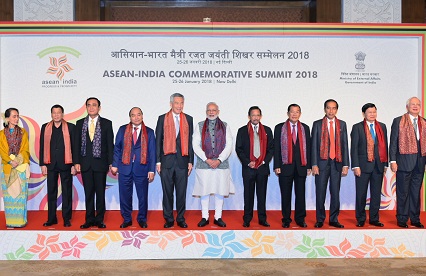 Courtesy: MEA/ Flickr
Courtesy: MEA/ Flickr
Change and uncertainty have marked geopolitical equations in the East Asian segment of the Indo-Pacific in the last six months. India-China relations changed visibly for the better while the U.S.-China trade war became more polarised. The Quad remained inert as did negotiations on the proposed Code of Conduct for the South China Sea. An analysis of some of the major trends
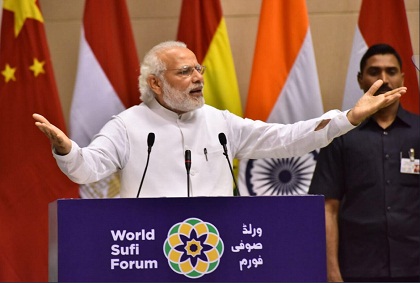 Courtesy: Narendra Modi/ Twitter
Courtesy: Narendra Modi/ Twitter
Religion is an important component of the soft power countries use in their foreign policy. Yet, no Indian government has given Islam adequate prominence, especially in its interactions with South-East Asia, where the majority of people are Muslim
 Courtesy:
Courtesy:
Ambassador Neelam Deo, Director, Gateway House, was interviewed by BloombergQuint reacting to the news of postponed India-U.S. 2+2 talks between the Ministers of Defense and External Affairs. Watch the interview and read the accompanying article, here.
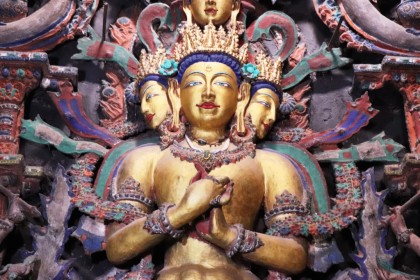 Courtesy: Sameer Patil
Courtesy: Sameer Patil
With India distracted in the Kashmir Valley, the critical border region of Ladakh has become a target of Chinese attention. Beijing appears to be exploiting Buddhist sectarian rivalries as it did in Tibet
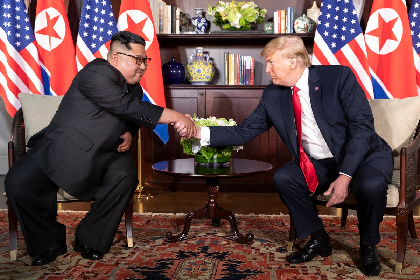 Courtesy: Wikimedia
Courtesy: Wikimedia
The June 12 summit was characterised by give-and-take as opposed to the one-way approach practised by earlier U.S. administrations. All countries welcomed the agreement and there is hope that this realism will enable the United States to address other contentious issues too
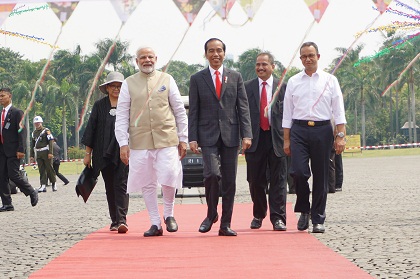 Courtesy: MEA Flickr
Courtesy: MEA Flickr
Prime Minister Modi’s visits to South East Asia last week were major steps in furthering the goals of India’s Act East Policy even as major power rivalries unfolded in the region. Most significant was the visit to Indonesia, a low key Asian power but one that India can partner to enhance its regional stature.
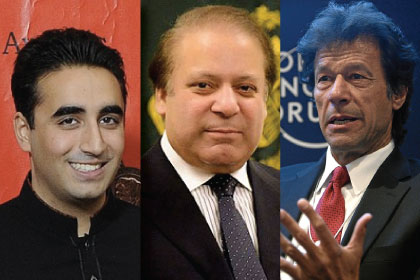 Courtesy: Gateway House
Courtesy: Gateway House
Pakistan’s upcoming general election is an example of a slow-motion coup without the accompanying violence as the military deposes an inconvenient prime minister with a more pliable candidate
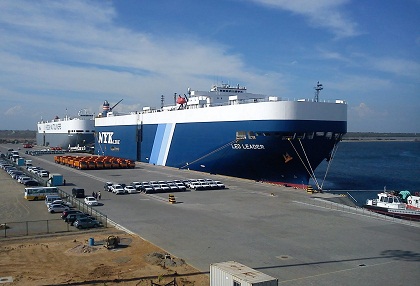 Courtesy: Wikipedia
Courtesy: Wikipedia
The high cost and political impact of Chinese-funded infrastructure in countries like Myanmar, Malaysia and Sri Lanka make it imperative for India to work with Japan to provide alternatives, to ensure that the region is neither bankrupted nor militarised by Chinese influence.
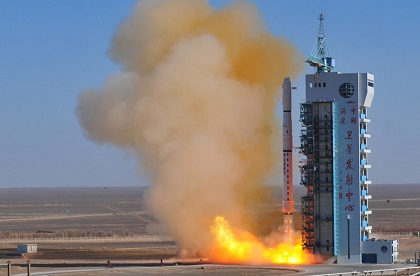 Courtesy: Chinanews
Courtesy: Chinanews
Pakistan is about to launch two military satellites in June with aid from China. It is pursuing its renewed space programme, using the same clandestine tactics it used for developing its atomic programme